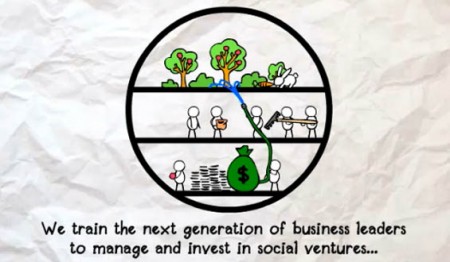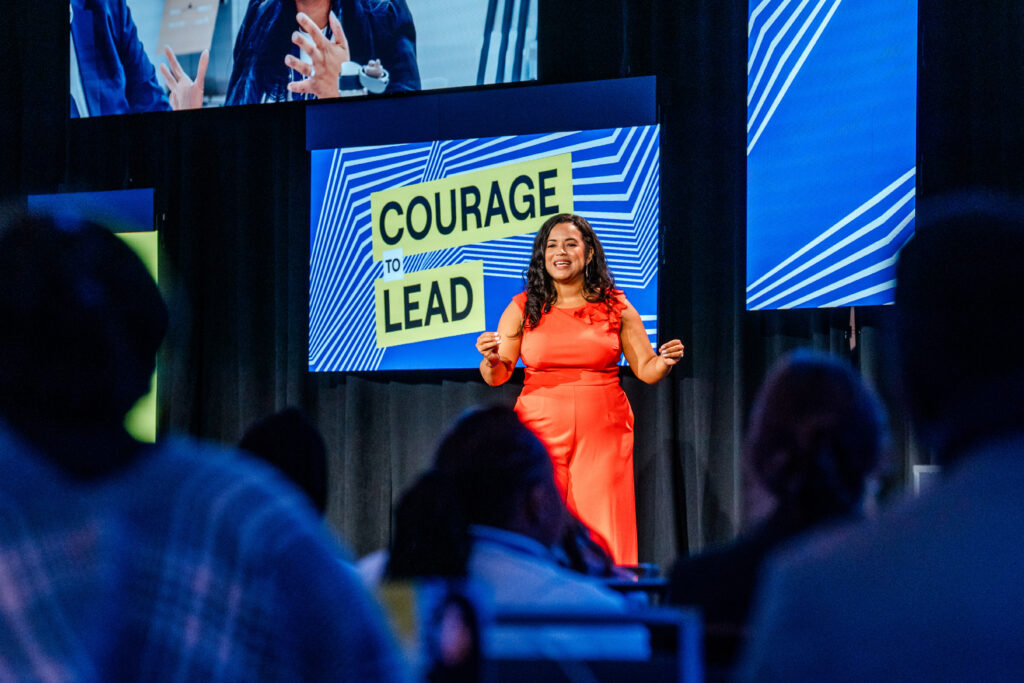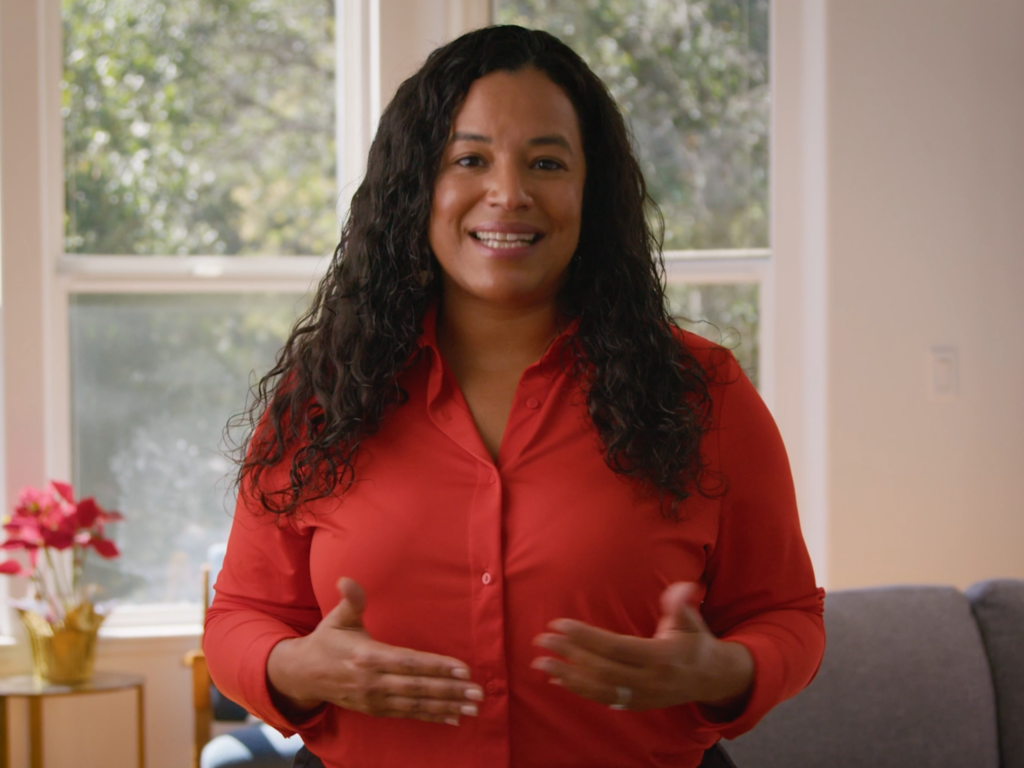As someone with family ties in the area, I’m constantly challenged by the majority of stories about Michigan. But, it’s not hard to see why Detroit is so frequently used as the poster city of our collective economic straits. Inner city blight, the exodus of college graduates, deep cuts in social services, and a shocking adult illiteracy rate: Detroit has all the hallmarks of a city in the throes of disaster. It’s upsetting, but no real surprise then that most of the media attention the city gets is negative.
That’s what made Friday night’s Hacking Education dinner all the more inspiring. Nearly 70 entrepreneurs, nonprofit organization leaders, philanthropists and educators gathered in Detroit to share ideas and network. Surrounded by so many passionate, creative people working on innovative, necessarily low-cost, solutions to the city’s education problems imbued me with an optimism which, frankly, surprised me. On the plane trip back to Silicon Valley Saturday, I began to understand Education Secretary Arne Duncan’s recently quoted optimism for Detroit as genuine, and not just another sound bite before a school visit.
The idea behind the Hacking Education dinner series, the brainchild of serial entrepreneur Jon Bischke and friends, is to connect entrepreneurs with nonprofit leaders and philanthropists, and spur an education revolution. The section of a downtown restaurant rented out for the event was packed with men (jackets, no ties) and women (slacks, no suits), exchanging business cards, advice, and enthusiasm for the work at hand. Early in the evening, there were comments made by the event’s hosts, the impressive University of Michigan students who founded the Social Venture Fund, as well as the evening’s sponsors (yours truly offering brief comments on behalf of NewSchools, co-sponsors of the night with Houghton Mifflin Harcourt). If there was any music playing in the restaurant, it must have been drowned out by the volume of engaged conversations.
 The breadth of ideas that I heard from the entrepreneurs I met Friday night is mindboggling—from truAPP, which helps students create and share digital portfolios and receive feedback on their work from teachers, to ECOTEK, a science lab that creates turnkey science experiments for classrooms. I said “wow!” dozens of times throughout the evening, genuinely impressed by interesting ideas and their hard-working creators.
The breadth of ideas that I heard from the entrepreneurs I met Friday night is mindboggling—from truAPP, which helps students create and share digital portfolios and receive feedback on their work from teachers, to ECOTEK, a science lab that creates turnkey science experiments for classrooms. I said “wow!” dozens of times throughout the evening, genuinely impressed by interesting ideas and their hard-working creators.
But, perhaps the most surprising thing in all of this was to find that many of the entrepreneurs in the room were from Michigan (many of them buoyed by the Wolverines’ last minute win against Notre Dame last week). Rather than injecting the spirit of innovation and entrepreneurship into Detroit, Friday night’s event ultimately provided a stage to highlight the entrepreneurs already there—working with limited resources, but boundless dedication—on Detroit’s education challenges. (Feel free to leave jokes/scorn regarding my insular Bay Area attitude in the comments below.)
Despite there being no existing network of experienced entrepreneurs, no ecosystem of venture and angel investors, Detroit—out of necessity—has become a hotbed of innovative thinking. This proves what anyone from Michigan will plainly tell you, that its greatest resource has always been its people. Friday night I met Nora and Hannah Chahbazi, a mother and daughter team who created the Evidence-based Literacy Instruction (EBLI), an organization that has trained more than 1,000 Michigan teachers in literacy learning strategies. The pair, from a small town near Flint, Michigan, developed EBLI after Nora’s youngest daughter, Hannah’s sister, was struggling to read and teachers in her middle-class schools seemed unable to help. Nora decided to start researching literacy acquisition, first to help her daughter, and then later to help other children in her community.
So, while pinpointing any demonstrable outcome from Friday’s event would be difficult (there were no initiatives proposed or grants given), the night was a resounding success in my eyes. By connecting these people, already hard at work on finding solutions to Detroit’s education (and therefore financial) woes, the event multiplied their enthusiasm and the potential for impact in the lives of Detroit’s children. Keep an eye on Detroit, because even if the media doesn’t cover them, positive stories are in its future.


